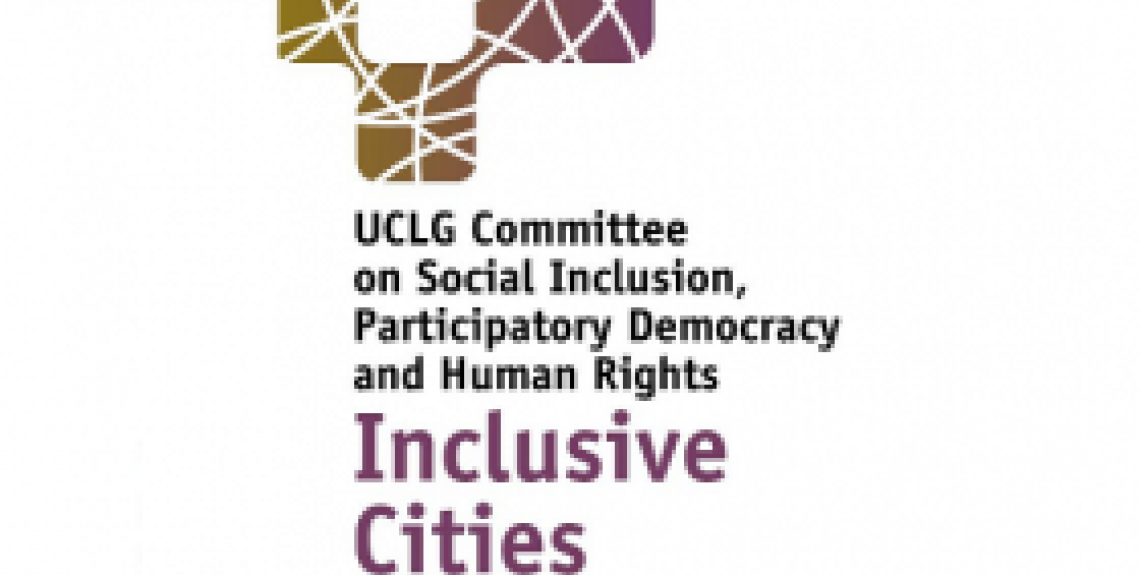This policy translates and implements locally the rights of women as defined in the UN Convention on the Elimination of All Forms of Discrimination against Women (CEDAW). It started in 1998 with the approval of the so called ‘CEDAW ordinance’, and is still going on. The policy has always been funded through the municipal budget and led, administered, and developed by the City’s Commission and Department on the Status of Women. Within the Department, two ad hoc bodies worked on the implementation of the policy in the past: the CEDAW Task Force (1998-2002) and the CEDAW Committee (2003-2007).
Objectives and implementation
The policy aims to support the rights of women, focusing in particular on employment, violence against women and girls, and health care. Its implementation has followed two interrelated tracks: city-wide initiatives to integrate women’s rights in City operations and a ‘gender analysis’ of City departments’ workforce, budget, and services. The beneficiaries of the policy are women, minorities, the local government, and the private sector. Community organizations and private companies have been involved in the policy. NGOs have participated in the formulation and implementation of the policy, especially within the Task Force and when the gender analysis was prioritized. The private sector is cooperating with, and financially supporting, the new Gender Equality Principles initiative, which aims to implement gender equality in the private sector.
Policy’s impact
The policy has had a practical impact, especially on City departments. To a different extent depending on the case, the gender analysis has raised awareness of gender issues in the departments, has led to budget allocations that benefit more women than in the past, and has made departments’ interventions, actions, and services friendlier to women and caregivers at large. There is evidence that not only women and girls of different ethnic and racial backgrounds have benefited from the policy but also people performing care giving tasks, members of minorities, and specific religious groups. Over the years, the gender analysis of City departments has been integrated into city-wide initiatives on work-life balance issues, the condition of girls, and the recruitment of women in non-traditional jobs. Since 2008, with the Gender Equality Principles initiative, the focus of the policy has shifted towards the private sector. The results of this initiative remain to be seen.
Limits and recommendations
Notwithstanding success, the policy has suffered also from some crucial limits: budget cuts due to economic crises and the lack of trained and dedicated staff compromise the local government’s capacity to achieve a more comprehensive implementation across both the public and private sectors. The gender analysis has been more successful in relation to its employment-related components, which departments are used to working on. There is doubt that the implementation of gender equality principles in the private sector and in partnership with big companies may fail to reach women and minorities employed in low-income jobs. These and other questions will have to be taken into account by other local governments who want to implement this policy, either within a legal or a non-legal framework. In particular, for the policy to be effectively transposed, adequate training, staff, and funding have to be provided by the local government, as well as the clear political support of the Mayor. The contextual pros and cons of placing any body responsible for implementation either inside or outside the local government should be considered. Individual officials and representatives of organizations able to mobilize crucial resources and attract support for the policy should be part of both decision-making and implementation of the policy.
See the whole case study


